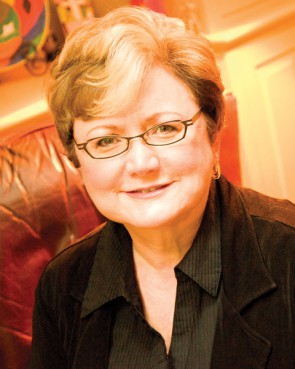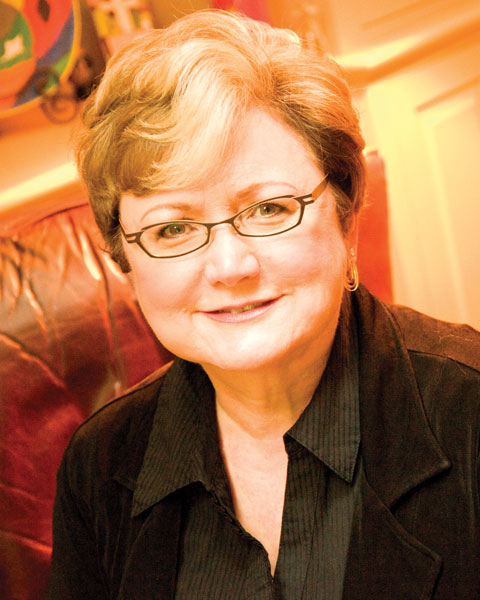
Eileen Guenther, the national president of the American Guild of Organists, reveals behind-the-scenes church struggles in her new book, “Rivals or a Team?: Clergy-Musician Relationships in the Twenty-First Century.”
(RNS) Eileen Guenther, the national president of the American Guild of Organists, reveals behind-the-scenes church struggles in her new book, “Rivals or a Team?: Clergy-Musician Relationships in the Twenty-First Century.”
Guenther, an associate professor of church music at Washington’s Wesley Theological Seminary and the former organist at Foundry United Methodist Church, talked with Religion News Service about her findings and advice. Some answers have been edited for length and clarity.
Q: You titled your book “Rivals or a Team?” From your research, which is a better description of most clergy-musician relationships?
A: I would say that rivals may well be the most prevalent, but team is our aspiration.
Q: Why is it so difficult for musicians and ministers to sometimes get along and not have an intense rivalry?
A:. Part of it is lack of understanding of roles. Part of it is control. Each of us is used to kind of being in control in our area, but sometimes if the roles haven’t been clarified, then the control issues become simply that, rather than sorting out, ‘OK, who’s going to choose the hymn?’ That’s one of the really big issues.
Q: Who should choose the hymns?
A: It should be done collaboratively. I’m just so into collaborating among staff members, with clergy. We have two services at Wesley and both of them are team planned, with teams from like five to 10 each. If liturgy is the work of people, then the planning of the liturgy needs not to be done in somebody’s office alone with their cup of coffee.
Q: You say that the future of the church may well be at stake if clergy and musicians don’t learn to understand each other better. Is it really that dire?
A: I think it is. In general, the mainline church is having a very difficult time these days. And the role of music in worship is so critical — 40 to 60 percent of a service is going to be musical — but people can tell when things aren’t going well among members of the staff.
I think everything has to be done intentionally, with collegiality and spirituality and a view of what we are all about for people to continue to attend church. People may well attend for a fine sermon and not very good music or vice versa. But what really builds in success is when people are working together and the sung word and the spoken word are in partnership.
Q: Your book is sprinkled with testimonies from musicians labeled “name withheld” who tell of unexpected firings or verbal abuse. What story did you find the most gripping?
A: Two of them actually put their names on them: Ted Gustin (now in Alexandria, Va.) found out that his job was open from the website at church. And Robert Young (now in Salisbury, Md.) talked about a clergyman who, when there was a point of disagreement, he stuck his finger in Robert’s face and said, “If you do not obey, I will do with you as I do with my wife.”
There was one “name withheld” who actually went to counseling and was diagnosed with something like post-traumatic stress disorder.
Q: You also had many who said they had great relationships – sometimes decades long – at one or many churches. What’s the secret?
A: I think it probably is mutual respect with allied things like when you respect each other, you work together, you talk together, you care about each other, you appreciate each other’s discipline. If there’s some kind of a problem you address it. You don’t let it just escalate. You spend time together. Respect kind of is a snapshot that has lots of other little pixels in it.
Q: Should ministers of music be members of the churches that pay them?
A: I think it’s better not. I don’t think it’s impossible, but it does blur a little bit of a boundary in terms of employment. I have not ever joined the church. I’ve been an associate member but not a full member of where I work. I just didn’t feel like totally joining was something that felt quite right.
Q: What happens when a clergyperson moves on and the musician stays?
A: In some denominations, they change fairly often. A musician may have been in place for multiple clergy. That’s kind of part of the problem because they know the people. But then that can be a threat to an insecure clergyperson ‘cause you were there first. And gosh, how will they ever love me as much as they love you?





